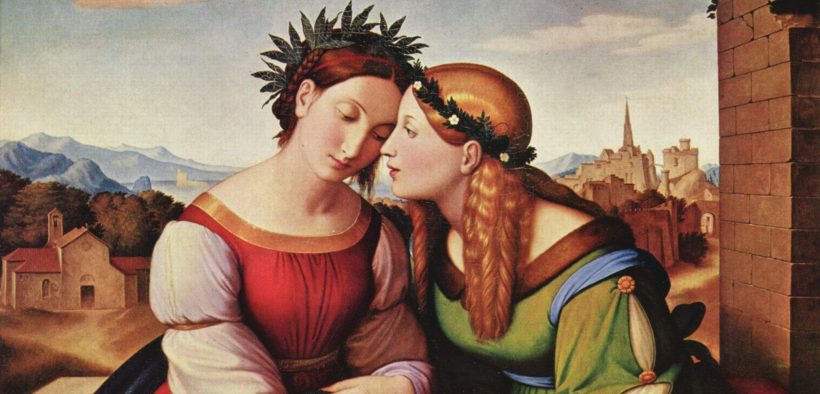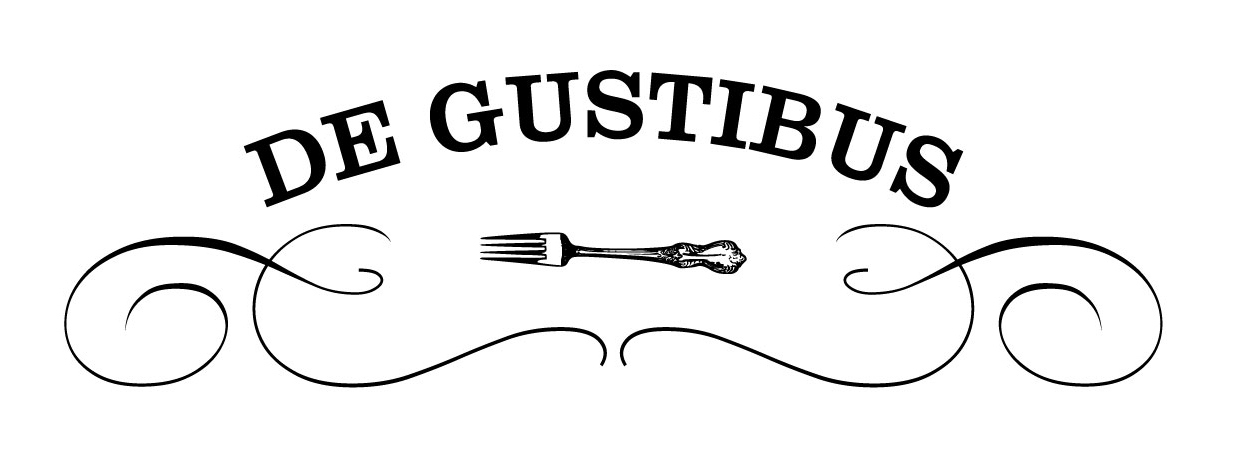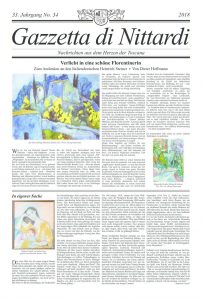An Ancient, Glorious Symbiosis – Klaus Bergdolt
Share

When Dolce far niente ["the sweetness of doing nothing"] collides with German virtues
Germans and Italians – what an ancient, glorious symbiosis! Giorgio de Chirico, Giorgio Strehler, Claudio Magris – the list of Italian artists and intellectuals who held and/or hold Germany in esteem can be extended endlessly. Sophia Loren and Marcello Mastroianni – as if it could have been any different! – also had fan bases north of the Alps. And Milva and Rita Pavone also do songs in German. No shadow seemed to tarnish this love. Italy – here one may well “sell snow to the Eskimos” (or portare vasi a Samo, as the beautiful Italian metaphor puts it) – was and still is our dreamland, despite the allure of the Mediterranean beaches of Turkey, Spain, or Greece. A very subtle preconception, of course, already resonated here: in Italy, the Germans of the 1950s and 1960s practised that very Dolce far niente that was due to them as a reward for their work, while in the south it was allegedly commonplace.
In all truth, for all the enthusiasm for the landscape, wine and art, olive trees and sunsets, one soon began to miss “German virtues” such as diligence, discipline, honesty, forward-looking planning and even – as was already an arrogant subtext of not a few travelogues of the 18th and 19th centuries! – a basic understanding of art and literature (!). Did not the literate, morally superior German basically run into children when south of Verona? At least from a Protestant perspective – from the pious Pietists to the disciplined Calvinists – this was not to be questioned. “What is the difference between Romans and Germans? The former do not work and live, the latter work and do not live,” wrote the German theologian Wilhelm Waiblinger, for whom work was particularly sacred. Accordingly, in Meyers Konversationslexikon [Meyer’s Conversation Lexicon] from 1846, one could read: “The German and the Italian diverge in their character to such an extent that the two constitute the opposite poles of West European humankind.”
Lessing, Goethe, Herder, Heinse, Vischer, Platen, Haeckel and Nietzsche contributed to not just the German enthusiasm for Rome, Florence, and Naples. They also allowed themselves some outrageously absurd preconceptions that undoubtedly helped shape the Italian perception of the pedantic, heartless Germans. Even in the ostensibly tolerant Germany of today, a distinct – and in no way based only on economic reasons – mistrust of Italians is palpable. A certain, and from a southern perspective quite dubious, claim to political, ecological and – above all! – moral interpretive authority within Europe plays, in Italy, and without the cognisance of most of the Berlin politicians, journalists and creative artists, directly into the hands of populists.
In actuality, Germans show themselves as having become increasingly generous and libertarian, as having understanding for everything – just not for that their political-moral criteria do not find general acceptance in southern Europe. What is regarded in Italy as a know-it-all attitude is not uncommonly considered, within the political circles of Berlin if not likewise by the German press, as a virtue. It is an age-old phenomenon. As the sociologist Helmut Plessner already recognised back in 1924, untold numbers of German intellectuals have felt, for centuries, as the “conscience of the world”. Does not the infamous phrase attributed to Emperor Wilhelm about the “German character” that should “heal” the world also acknowledge the contemporary German weakness to proffer nothing less than knee-jerk, moralising lectures to the governments other people? (Whereby the Wilhelmine origins of this behaviour, should it ever be realised, would certainly be repudiated with outrage.) In Italy, on the other hand, one views EU propagandists – behind whom Berlin is reflexively suspected to be standing – as, most likely, heartless apparatchiks whose image of Europe is determined by paragraphs.
Irrespective of the triumphus of Italian cuisine north of the Alps and the (in the meantime noticeably waning) influence of Florentine and/or Milanese fashion houses, and despite the weak spot for Italian design and the admiration of the Mediterranean way of life, one feels politically and morally superior to southerners and thus also entitled to read them the riot act. That the “do-gooderism” remains at the expense of others, as Wolf Lepenies put it, is one of our most negative character traits. That does not mean that one ought to remain silent about political mistakes in Italy. Even in Rome itself the mafia, the widespread corruption, or the by now national sport of tax evasion are all viewed critically, but one refuses to tolerate rebuke and admonition from Berlin – simply because one is tired of German instructional advice, also for historical reasons. And therefore one does not need to ask long why Italian politicians that play the anti-German card are so successful. The acknowledgement that we Germans are also thankful of Italy and the Italians for such an endless amount of positive things would be balm to Italian wounds. It would also benefit us politically.












Follow us